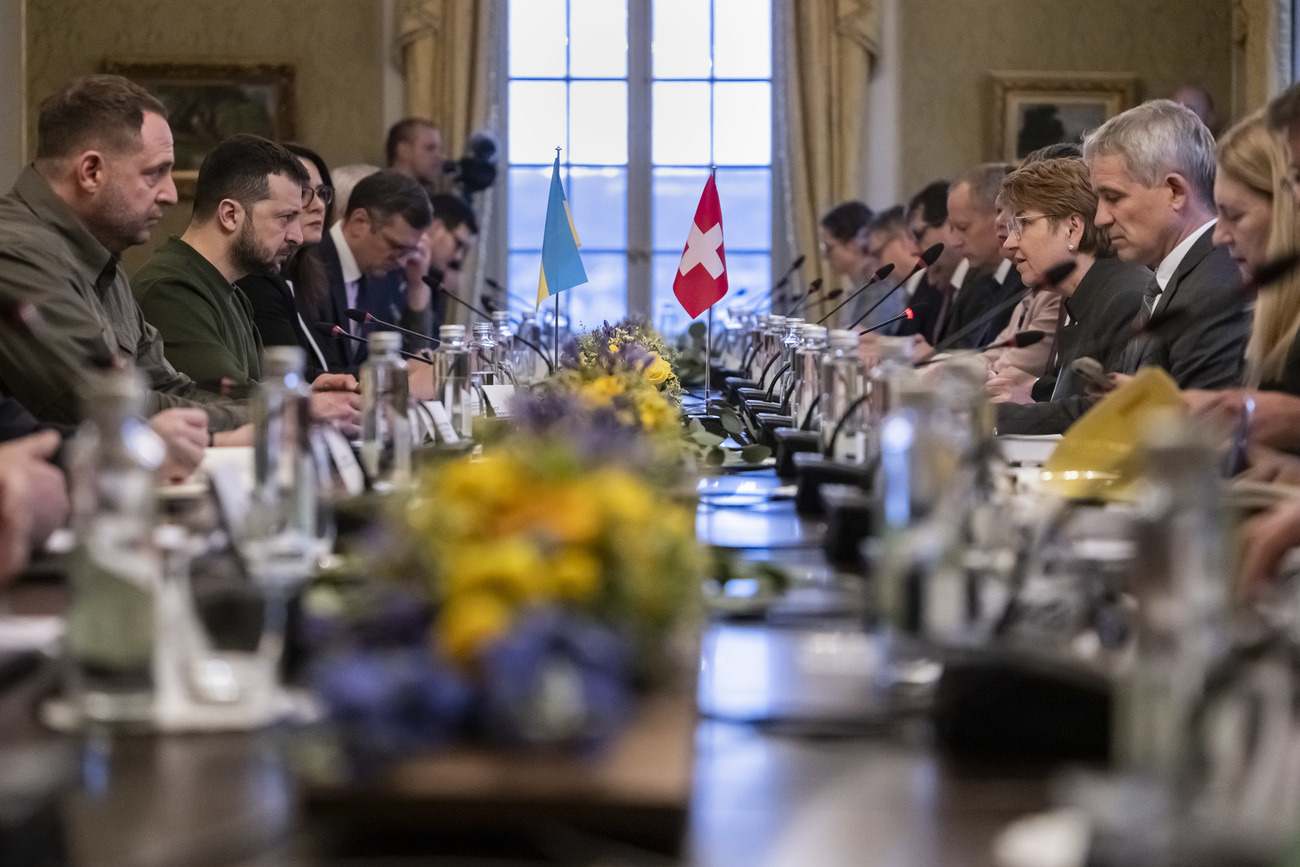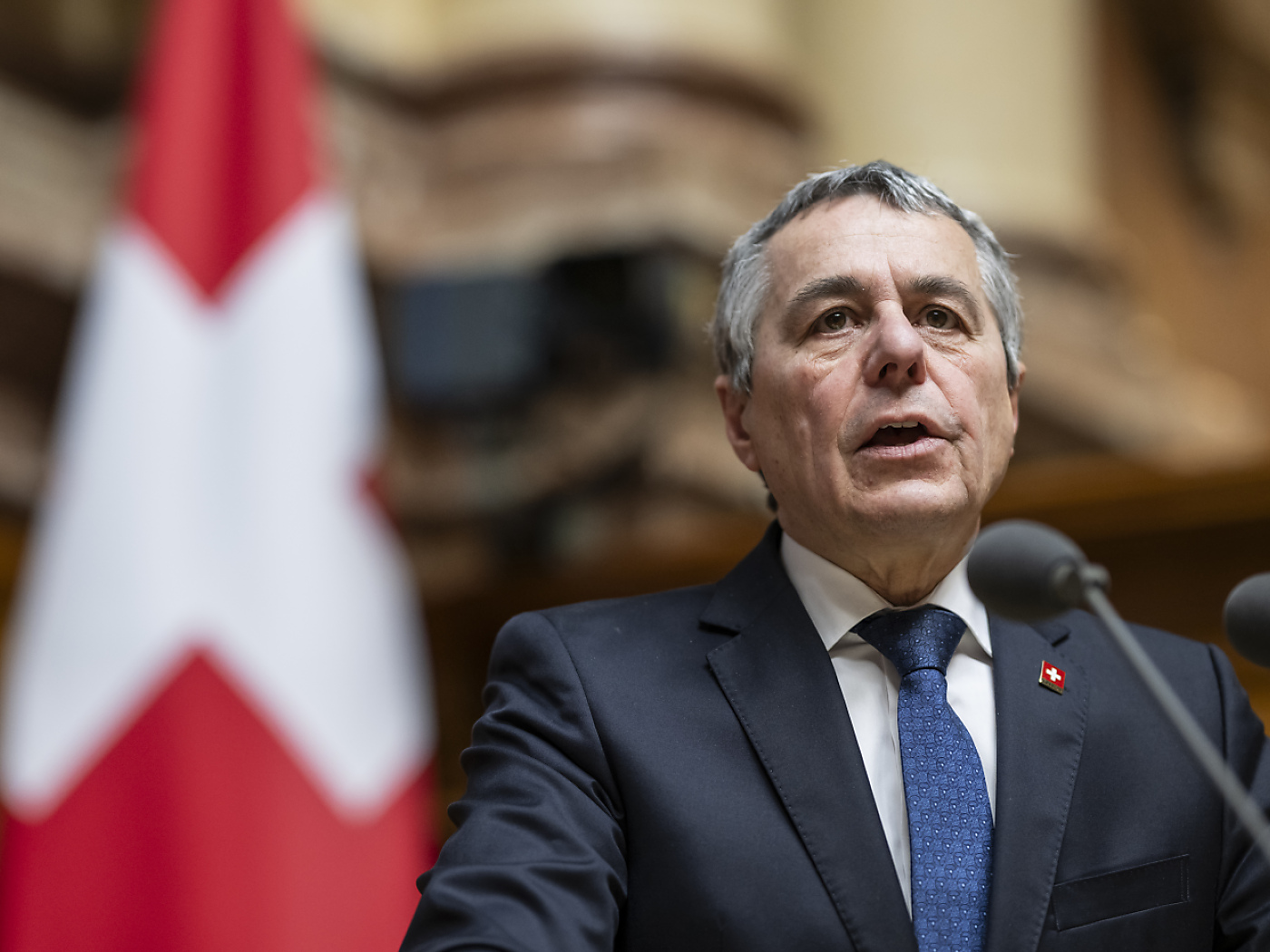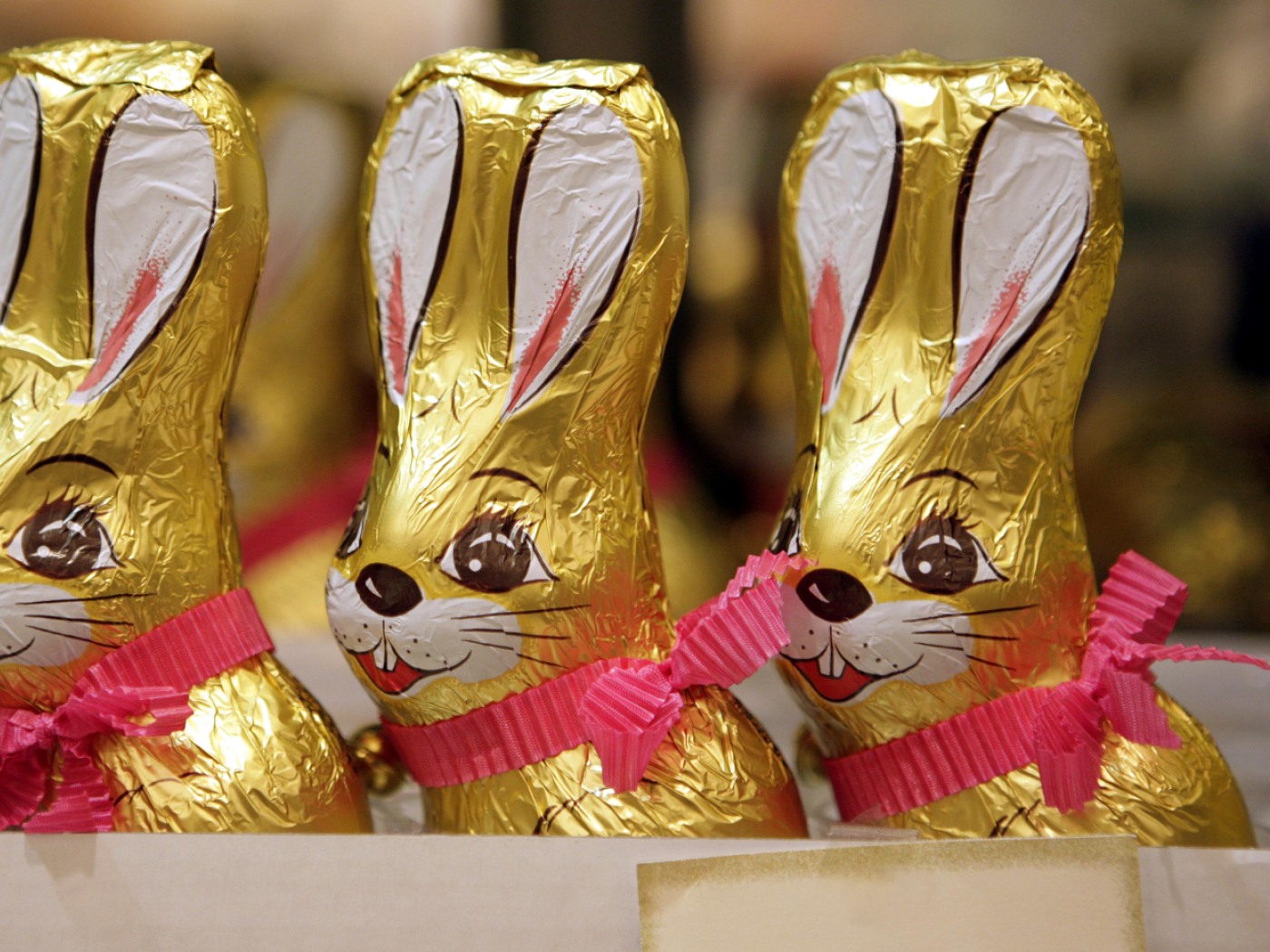EU releases €1.5B frozen assets to Ukraine: Switzerland opts out

On Friday, the European Union (EU) announced the release of €1.5 billion (CHF1.44 billion) in aid to Ukraine. This marks the first instalment from the profits generated by Russian assets frozen in response to the war that began in 2022. Switzerland will not follow the EU's approach.
+Sign up to get the most important news from Switzerland directly in your inbox
Approximately €200 billion worth of Russian assets were frozen in the EU following the Russian invasion of Ukraine in February 2022, with around 90% held in Belgium, home to the international fund depository Euroclear.
+How two years of war in Ukraine have marked Switzerland
In May, the EU-27 agreed to utilise the interest generated by these frozen Russian central bank assets. The interest is expected to yield between €2.5 and €3 billion annually, which will be used to support Ukraine’s defence and post-war reconstruction.
Support for arms and reconstruction
“The EU stands by Ukraine. Today, we are transferring €1.5 billion from frozen Russian assets to Ukraine’s defence and reconstruction,” said European Commission President Ursula von der Leyen in a press release. She added, “There is no better symbol or use for the Kremlin’s money than to make Ukraine and the whole of Europe a safer place to live.”
Ninety percent of the interest generated by these frozen funds (which remain frozen) will be allocated to the European Peace Facility (EPF), an EU mechanism for managing interventions in conflicts, including supplying arms. The remaining 10% will go to the EU’s separate “Facility” for Ukraine, established to support the country’s reconstruction needs.
+Ukraine peace summit failed to meet ‘fairytale’ expectations
Moscow’s response
Ukrainian Prime Minister Denys Shmyhal expressed gratitude for the EU’s support, thanking von der Leyen and the EU for their significant contribution to Ukraine’s defence and reconstruction. The Ukrainian Ministry of Defence also appreciated the EU’s assistance, noting that the funds would strengthen Ukraine’s defence capabilities.
In contrast, Russia condemned the decision as “illegal.” Dmitry Peskov, spokesperson for Russian President Vladimir Putin, stated that such actions would prompt a thoughtful response from Russia.
Switzerland’s stance
When questioned by Keystone-ATS, the State Secretariat for Economic Affairs (Seco) confirmed that Switzerland would not follow the EU’s approach. In line with Swiss law and international obligations, Switzerland stated it could not generate “any extraordinary income in connection with the funds of the Russian central bank.” Seco clarified that this position pertains specifically to Switzerland.
+The latest on Ukraine peace conference in Switzerland
As of April 2024, the total value of assets from the Central Bank of the Russian Federation frozen in Switzerland was just over CHF7 billion. These funds are separate from those frozen assets owned by individuals or companies linked to Russia.
Adapted from German by DeepL/amva
This news story has been written and carefully fact-checked by an external editorial team. At SWI swissinfo.ch we select the most relevant news for an international audience and use automatic translation tools such as DeepL to translate it into English. Providing you with automatically translated news gives us the time to write more in-depth articles.
If you want to know more about how we work, have a look here, if you want to learn more about how we use technology, click here, and if you have feedback on this news story please write to english@swissinfo.ch.

In compliance with the JTI standards
More: SWI swissinfo.ch certified by the Journalism Trust Initiative


















You can find an overview of ongoing debates with our journalists here . Please join us!
If you want to start a conversation about a topic raised in this article or want to report factual errors, email us at english@swissinfo.ch.